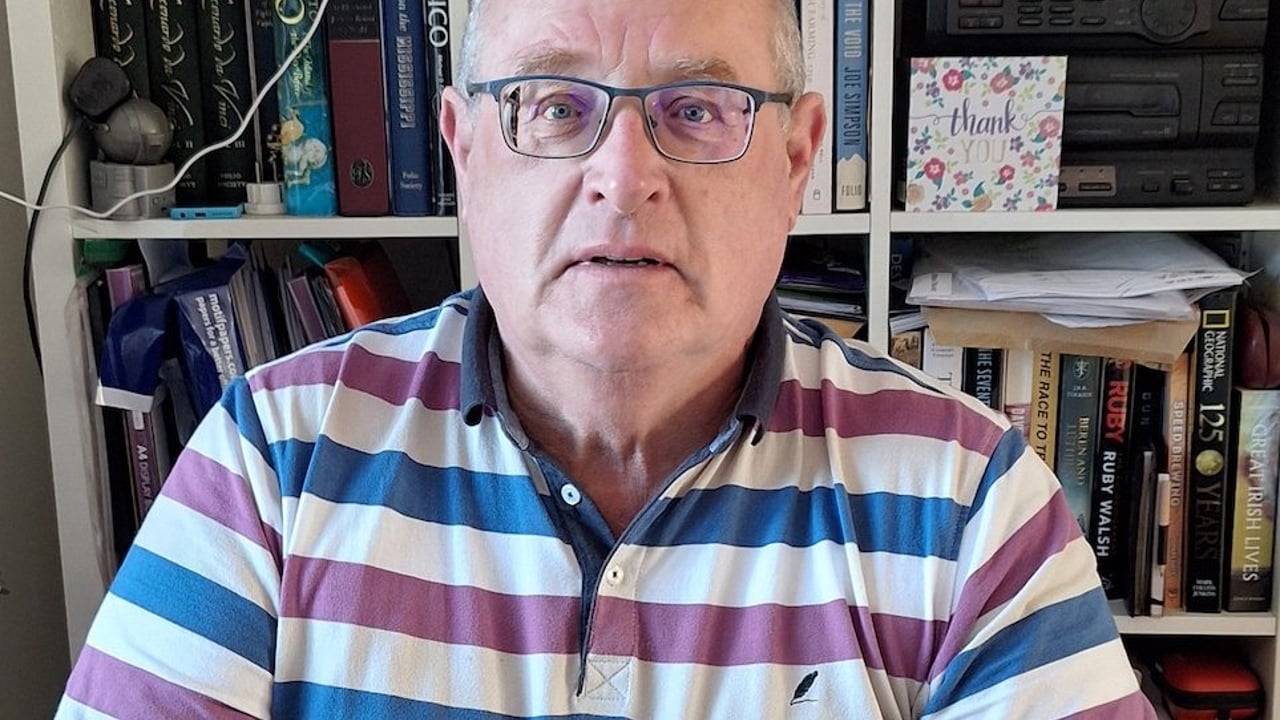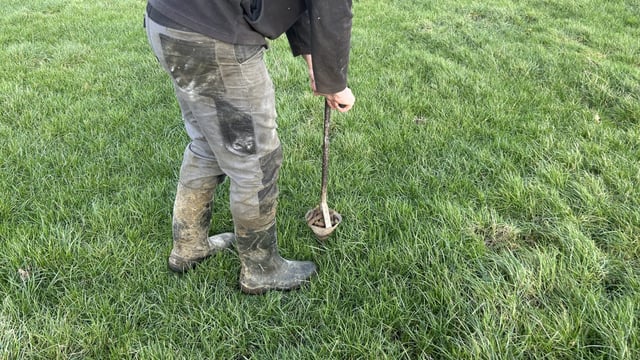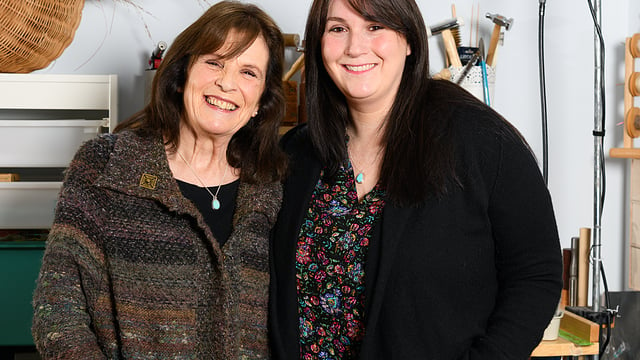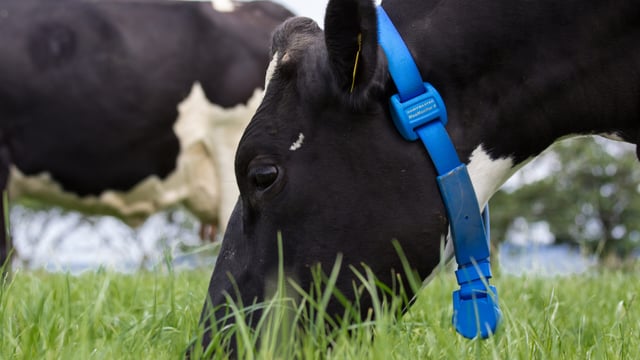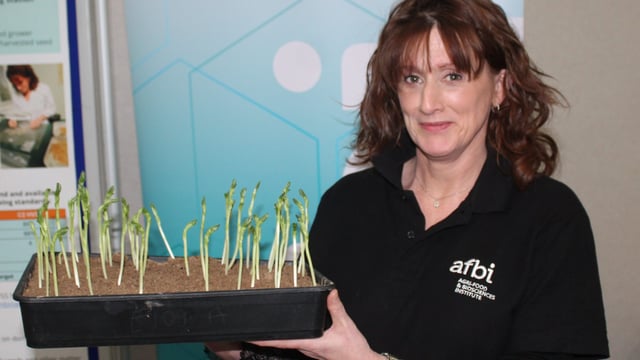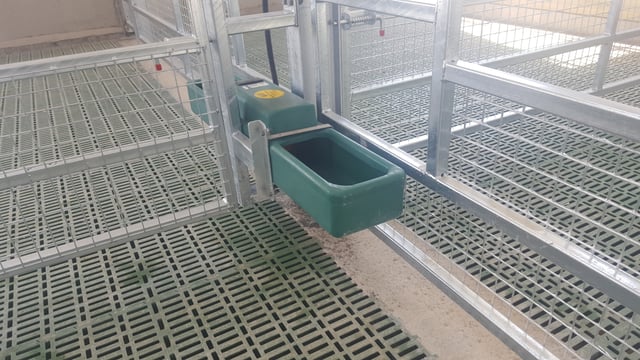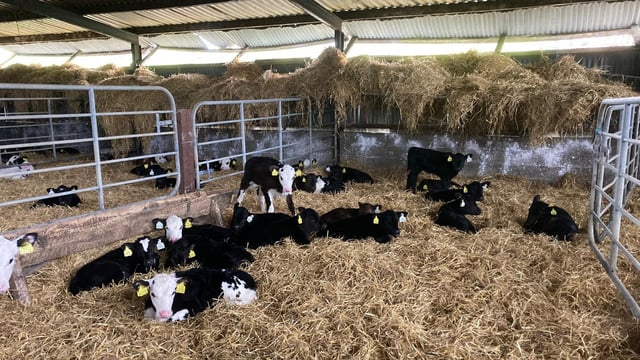'Finding harmony on food production and solar generation is key'
Finding harmony between good quality land, such as that in the southeast where food production excels, and solar generation is hugely important, according to Jer O'Mahony who chairs Wexford IFA.
"Solar farms require 200Ha in a block. Fallout from quality land parcels lost to solar, include distortion of land availability and value within a 10K radius," Jer said.
"Issues arise with leasing or sale of similar land in that region, leading to higher cost/valued land which allows only large-scale cash generating farms to access."
Possible solutions, he said, include land zoning in each county.
"The more productive the land, the less chance of planning being granted. Avoid land being sold for development purposes and grant harvesting.
"Large-scale projects should require local consultation and consensus considering the local community will have to live with rather than gain from these projects," O'Mahony contended.
Microgeneration - the small scale generation of electricity from renewable sources by households and small businesses - seems to be no longer part of the solution, he said.
"Tens of thousands of agricultural sheds face into the south in Wexford. The uptake on covering this vast untapped area is miniscule. Why?" he queried.
O'Mahony is himself a microgenerator, with a wind turbine and having used solar tubes to heat his water for 10 years.
He contended that every county council should have a dedicated team within its planning or environment sections to allow an open door policy for applicants of renewable energy projects.
A standalone department within the government could access all renewable projects in consultation with the key stakeholders to minimise the delay, costs, and frustrations of making such an application, O'Mahony added.
"All suppliers of solar and wind technologies should be checked for cost of equipment and claims of major returns to the end customer," he said.
"All equipment should be recorded on charts showing the uninitiated the comparison of one product against another. Customers are getting only the installers' side of the story".
"A central planning office with all key stakeholders needs to be there to help, not hinder. Herd size is shrinking due to regulations and costs. If it becomes uneconomic to farm, what then?
"When discussing biodiversity, renewables and climate issues and formulating policy, include those who live it every day - farmers.
"Remember farmers are food producers who are trying to make a living and raise a family like everyone else. We need to tackle waste. Food, water, and energy are key areas to help cut down on our usage."
"Efficient food production systems are not the cause of global warning, they are the key to unlock the solutions. Collaboration is key. Talk to agriculture, not at it. Climate change is everyone’s responsibility, not just farmers."

